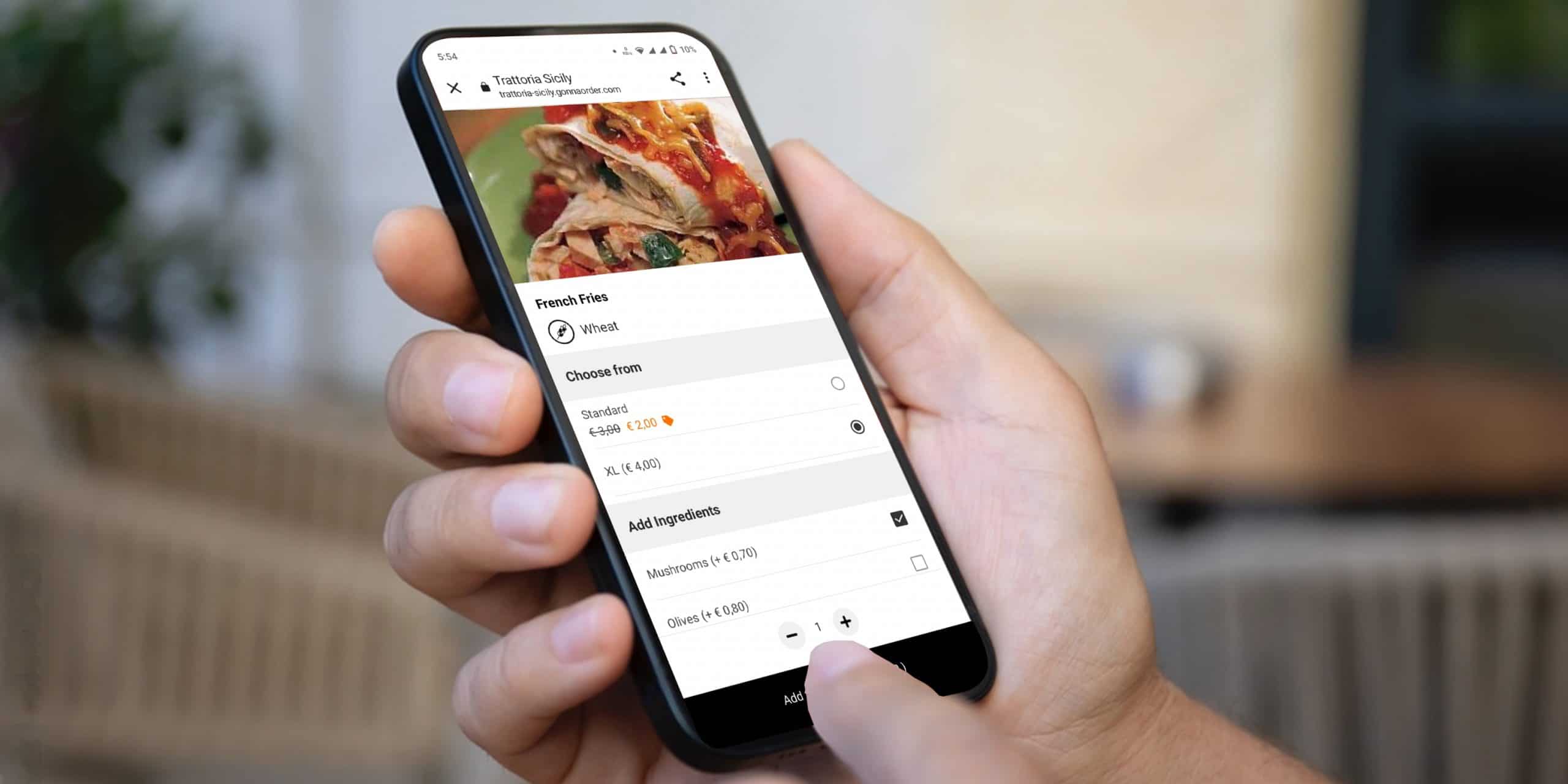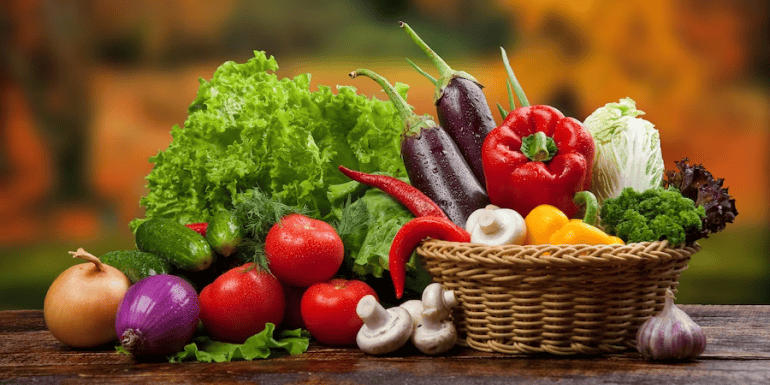Previous
QR Code Menu & Online Ordering System for Restaurants
In 2020 and 2021, the hospitality industry had to rapidly change and adapt because of coronavirus. The pandemic altered consumer behavior and how people order food and drinks. In this article, we will show you how contactless online ordering and QR menus are transforming restaurants and entertainment joints.
Digital transformation is driving the customer experience in 2022. Food and dining will remain a heavily digital experience and you will need technological solutions to remain afloat.
While we don’t know much about what lies ahead, the following trends will remain after the pandemic.
There’s no doubt that 2022 will be a contactless year. Restaurants, bars, and pubs will have to streamline their offering and ordering processes. Investing in online ordering technology will support businesses to minimize staff interaction with customers, as well as customer interaction with other customers.
Efficiency and convenience are also paramount in this transition to digital control. The online system streamlines the entire process, making it more efficient for both customers and employees. Orders are transmitted directly to the kitchen or bar, reducing the risk of errors and ensuring faster service. Contactless payment options will also become more common, with digital wallets, credit card scanning and mobile payment apps allowing customers to pay bills without exchanging cash or credit card delivery.

Forget big communal tables and maximizing the use of your business’s space: outdoor dining and flexible indoor layouts will be the trend for 2022. Social distancing means hospitality businesses will have to retain the minimum distance between tables and guests. By using an online ordering system, your business will be able to design and manage its table ordering process. If you relied on your bar or restaurant being full of customers before the pandemic, now is the time to reorganize your space efficiently and recover some of your losses.
An online ordering system for your restaurant will enable customers to submit orders in advance, and hence cut back on waiting times.
It’s the year of contactless connections. Businesses can use their online system data not only to optimize processes but also to gain insights into their customers’ habits, in order to design unique experiences. By using big data or AI-powered solutions stores can offer a personalized service to their customers.
Understanding customer habits is an important aspect of this change. Online systems collect a lot of data, including what customers order, when they order, and how often they order. This information can be used to understand customer habits and preferences at a granular level. For example, a restaurant might learn that a particular customer orders vegetarian food on Fridays. Armed with this knowledge, they can proactively suggest vegetarian options that day, creating a more personalized experience.
Consumers are becoming more environmentally conscious and this is also reflected in their food and dining choices. Consequently, sustainability has become a hot topic in the hospitality industry in recent years. Less food waste, local produce, less plastic, and more vegetarian and vegan menu choices are all trends that will be driving this year’s developments. By adopting an online ordering system, your restaurant, pub or bar has a lot to gain. Online ordering and QR menus can further help you efficiently manage customer expectations for pre-orders. Additionally, a digital ordering system can help you keep track of daily orders for individual offers. You can, consequently, prepare enough of what customers need and reduce food wastage.
When it comes to sustainability, these benefits are substantial. Reducing food waste not only conserves resources, but also minimizes the environmental impact of food production, transportation and disposal. Using local produce also contributes to sustainability by supporting local farmers and reducing the carbon footprint associated with long-distance food transportation. In addition, online ordering systems integrate features that encourage customers to practice environmentally friendly.

The pandemic has put a new focus on payment options and online orders, accelerating many trends that were already there before. Therefore, we can only hope that restaurants will see the light and adopt the technologies and systems that align with these trends. The future of the food, drink and dining service industry is digital. And if had had already started losing business owing to the tough economic environment, you may want to get an online ordering solution that can help you grow and manage your business better.
Give your customers an easy and fast way to order and pay from everywhere. Increase your revenue and make your restaurant operations efficient.